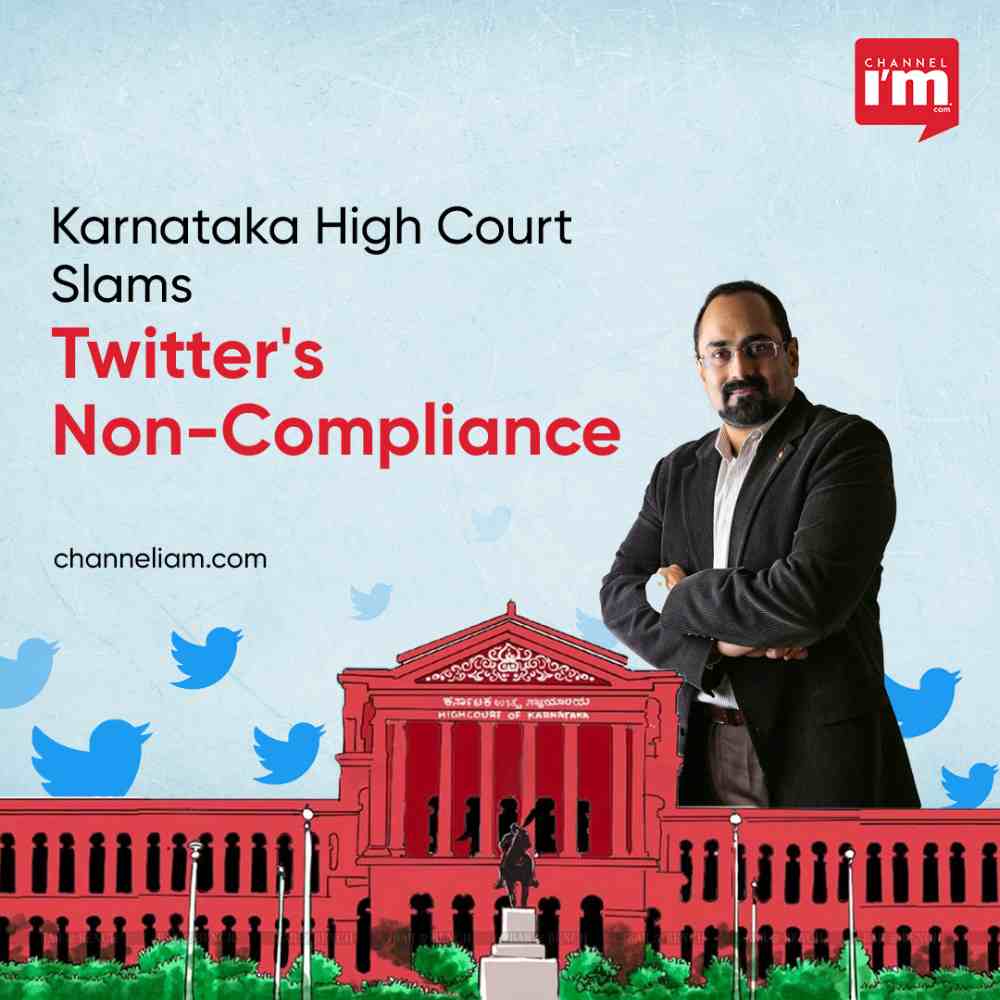A recent Twitter controversy has emerged as former CEO Jack Dorsey alleges that the Indian government pressured the social media giant during the farmer protests. Rajeev Chandrasekhar, an Indian politician, has responded, calling these claims outright lies. The situation highlights the issue of Twitter’s repeated non-compliance with Indian law. The Karnataka High Court has taken action against Twitter, dismissing its petition and imposing a significant penalty.

Twitter’s Alleged Non-Compliance with Indian Law
Former Twitter CEO Jack Dorsey’s claims of government pressure and potential consequences shed light on Twitter’s non-compliance with Indian law. According to Dorsey, the Indian government threatened to shut down Twitter in India and raid the homes of its employees if they did not comply. Rajeev Chandrasekhar, in response, accuses Twitter of repeatedly refusing to adhere to Indian law and its non-compliance with requests from the Ministry of Electronics and Information Technology (MeitY).
Karnataka High Court Ruling
The Karnataka High Court recently handled the legal battle between Twitter and the Indian government. Twitter had approached the court after receiving a notice of non-compliance from MeitY. However, the court dismissed Twitter’s petition challenging the blocking orders issued under Section 69(A) of the IT Act 2000 by the government. The court’s decision indicates a strong stance on Twitter’s failure to comply with Indian law.
Penalty Imposed and Judicial Criticism
In addition to dismissing Twitter’s petition, the Karnataka High Court imposed a substantial penalty on the social media platform. Twitter was ordered to pay a cost of Rs. 50 lakh (approximately $70,000) due to its conduct. The court also refused Twitter’s request to stay the operation of the order. The bench strongly criticised Twitter for its non-compliance and delayed actions, stating that the company had been given notices but failed to comply. The court pointed out that the punishment for non-compliance includes a potential 7-year imprisonment and unlimited fines. The judgement emphasised that Twitter’s delay in compliance, sudden change, and approach to the court were questionable, considering the company’s stature as a billion-dollar entity.
The Twitter controversy surrounding its alleged non-compliance with Indian law and the Karnataka High Court’s ruling highlights the challenges faced by social media platforms in meeting legal requirements in various countries. The court’s decision to dismiss Twitter’s petition and impose a significant penalty serves as a reminder that compliance with national laws is essential for all platforms operating within a country. It remains to be seen how Twitter will respond to the court’s judgement and whether it will take necessary steps to align its operations with Indian regulations.
